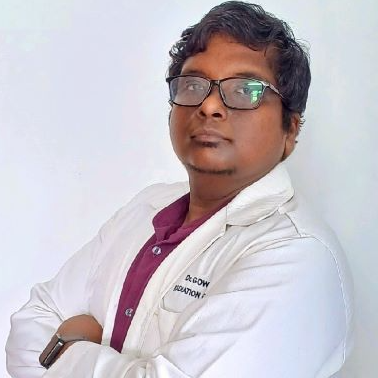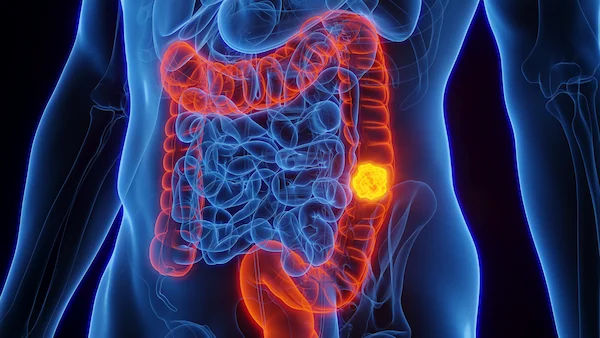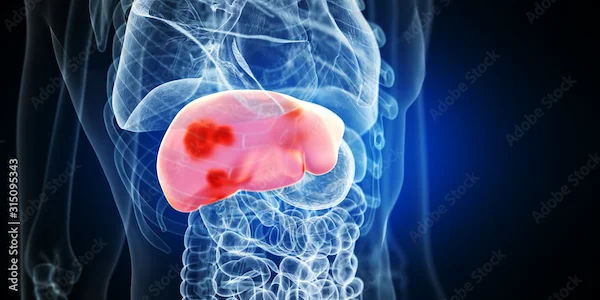Understanding Chemotherapy Injections
Know about chemotherapy injections, what are they, expectations from injection, possible side effects and how to manage them. Learn about the tips to support the therapy and more.


Introduction
If you or a loved one has been prescribed chemotherapy injections, you may have questions about what they are, how they work, and what to expect. Chemotherapy (often called "chemo") is a common treatment for cancer, and injections are one of the ways it can be given.
This guide will help you understand chemotherapy injections in simple terms, so you feel more informed and prepared.
What Are Chemotherapy Injections?
Chemotherapy injections are medications given through a needle into a vein (intravenous or IV), muscle (intramuscular), or under the skin (subcutaneous). These injections deliver powerful drugs designed to kill or slow the growth of cancer cells.
Types of Chemotherapy Injections
The types of chemotherapy injections are:
1. Intravenous (IV) Injections – Given directly into a vein, usually in the arm or hand. This is the most common method.
2. Intramuscular (IM) Injections – Injected into a muscle, often in the thigh or upper arm.
3. Subcutaneous (SC) Injections – Delivered just under the skin, usually in the abdomen or thigh.
Consult a top cancer specialist for the best advice
How Do Chemotherapy Injections Work?
Chemotherapy drugs target fast-growing cells, which is why they are effective against cancer. However, they can also affect some healthy cells, leading to side effects. The goal is to destroy cancer cells while minimizing harm to normal cells.
What to Expect During Treatment?
Before the Injection
Your doctor will explain the type of chemotherapy you’ll receive and its possible side effects.
Blood tests may be done to check if your body is ready for treatment.
You may be given anti-nausea or other supportive medications.
During the Injection
A nurse or doctor will administer the injection, usually in a hospital or clinic.
IV injections may take minutes to hours, depending on the drug.
You may feel a slight pinch when the needle goes in, but the procedure itself is generally not painful.
After the Injection
You might need to stay for observation to monitor for immediate side effects.
Fatigue, nausea, or other side effects may develop later, so rest is important.
Possible Side Effects and How to Manage Them
Chemotherapy affects everyone differently. Some common side effects include:
1. Fatigue
Rest when needed, but light exercise like walking can help.
Prioritize sleep and ask for help with daily tasks.
2. Nausea and Vomiting
Eat small, frequent meals instead of large ones.
Avoid strong smells and greasy foods.
Anti-nausea medications can help—ask your doctor.
3. Low Blood Cell Counts
You may be more prone to infections, anemia, or bleeding.
Wash hands frequently, avoid crowded places, and report any fever or unusual bruising.
4. Hair Loss
Not all chemo drugs cause hair loss, but if it happens, it’s usually temporary.
Consider scarves, hats, or wigs if desired.
5. Mouth Sores
Use a soft toothbrush and rinse with saltwater or baking soda solution.
Avoid spicy or acidic foods.
Tips for a Smoother Chemotherapy Experience
1. Stay Hydrated – Drink plenty of water to help flush out toxins.
2. Eat Nutritious Foods – Focus on protein, fruits, and vegetables to support healing.
3. Communicate with Your Doctor – Report any side effects so they can adjust treatment if needed.
4. Get Emotional Support – Talking to a counselor, support group, or loved ones can help.
When to Seek Immediate Help?
Call your doctor right away if you experience:
High fever (over 100.4°F or 38°C)
Severe vomiting or diarrhea
Shortness of breath
Unusual bleeding or bruising
Final Thoughts
Chemotherapy injections can be challenging, but they are an important part of fighting cancer. Knowing what to expect and how to manage side effects can make the process easier. Remember, you’re not alone, your medical team is there to support you every step of the way.
Consult a top cancer specialist for the best advice
Consult a top cancer specialist for the best advice

Dr.sanchayan Mandal
Medical Oncologist
17 Years • MBBS, DrNB( MEDICAL ONCOLOGY), DNB (RADIOTHERAPY),ECMO. PDCR. ASCO
Kolkata
Dr. Sanchayan Mandal Oncology Clinic, Kolkata

Dr. Sanchayan Mandal
Medical Oncologist
17 Years • MBBS, DrNB( MEDICAL ONCOLOGY), DNB (RADIOTHERAPY),ECMO. PDCR. ASCO
Kolkata
MCR SUPER SPECIALITY POLY CLINIC & PATHOLOGY, Kolkata
Dr. B Shravanthi Reddy
Radiation Specialist Oncologist
8 Years • MBBS, DNB(Radiation Oncology)
Manikonda Jagir
Apollo Clinic, Manikonda, Manikonda Jagir

Dr Gowshikk Rajkumar
Oncologist
10 Years • MBBS, DMRT, DNB in Radiation oncology
Bengaluru
Apollo Clinic, JP nagar, Bengaluru

Dr. Ruquaya Ahmad Mir
Surgical Oncologist
20 Years • MBBS, DNB
Delhi
Apollo Hospitals Indraprastha, Delhi
(25+ Patients)




.webp)